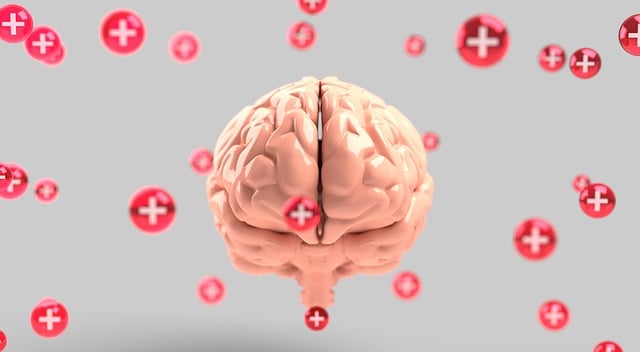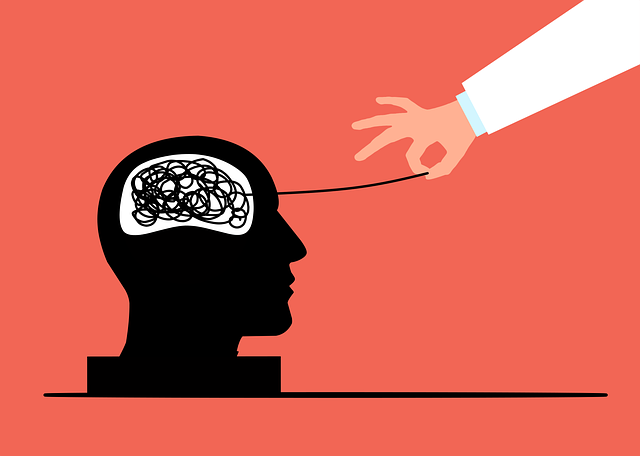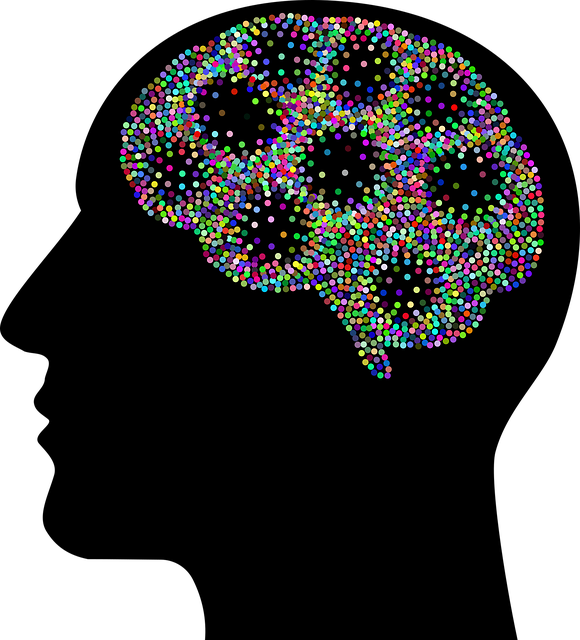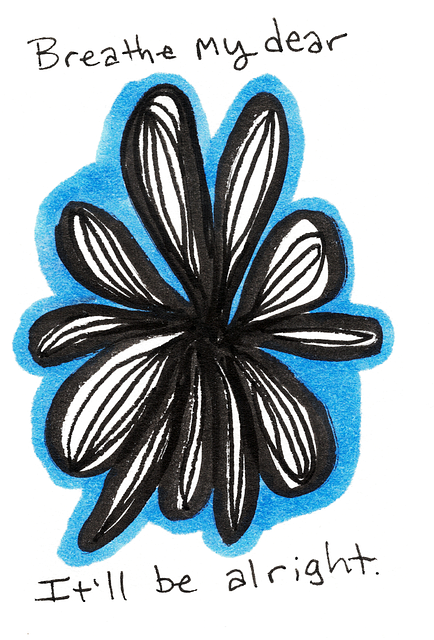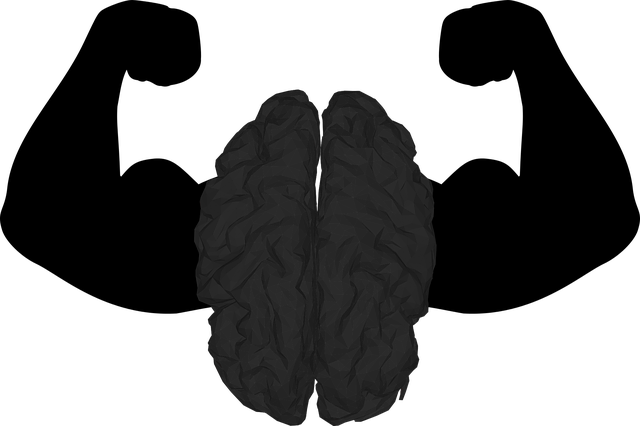Cultural sensitivity in therapy for children using biofeedback is crucial for effective, ethical care. It involves understanding diverse cultural backgrounds, adapting techniques like mindfulness and sensory feedback, and fostering trust through open communication. Comprehensive training equips professionals to integrate culture-specific practices, enhancing therapeutic environments and outcomes for young patients by addressing their unique identities and needs.
In today’s diverse society, cultural sensitivity is paramount in mental healthcare. This article explores key aspects of providing culturally competent care, focusing on therapy for children using biofeedback. We delve into understanding cultural sensitivity, its application in pediatric therapy, and the ethical considerations that underpin cross-cultural mental health practices. By examining these components, we aim to equip professionals with strategies to offer effective, sensitive support tailored to each child’s unique background.
- Understanding Cultural Sensitivity in Mental Healthcare
- Applying Cultural Competence to Children's Therapy with Biofeedback
- Ethical Considerations and Best Practices for Cross-Cultural Mental Health Care
Understanding Cultural Sensitivity in Mental Healthcare

In the realm of mental healthcare, cultural sensitivity is a cornerstone for providing effective and compassionate treatment. It involves recognizing and appreciating the diverse cultural backgrounds, beliefs, and practices of clients, especially when working with vulnerable populations like children. Understanding that every individual brings their unique experiences and perspectives to therapy sessions, healthcare providers must adapt their approaches to ensure inclusivity and avoid perpetuating stereotypes or biases. This is particularly crucial in the context of therapy for children, where cultural sensitivity can foster a safe and supportive environment, enhancing the therapeutic process.
Integrating compassion cultivation practices and stress management workshops within mental healthcare settings can significantly contribute to improving cultural competency among healthcare providers. These initiatives enable professionals to develop skills in empathetic listening, non-judgmental attitudes, and understanding cultural nuances. For instance, biofeedback techniques, often used in therapy for children, can be culturally tailored to resonate with various backgrounds, making the practice more accessible and effective. Through comprehensive training programs focused on healthcare provider cultural competency, organizations can ensure that their staff are well-equipped to deliver sensitive and tailored care, ultimately improving patient outcomes.
Applying Cultural Competence to Children's Therapy with Biofeedback

Applying Cultural competence to children’s therapy with biofeedback is a crucial step in ensuring effective and meaningful treatment. Children from diverse cultural backgrounds may have unique experiences, beliefs, and expressions of distress that require tailored approaches. For instance, understanding a child’s family dynamics, community context, and personal values related to health and wellness can significantly enhance the therapeutic process. By incorporating these perspectives, therapists using biofeedback techniques, such as mindfulness exercises and sensory feedback, can create a safe and supportive environment that encourages positive thinking, emotional intelligence, and depression prevention.
This sensitive approach allows for age-appropriate communication and engagement, fostering trust and collaboration. Therapists can then teach children coping strategies that resonate with their cultural identities, promoting self-regulation and improved mental health outcomes. By integrating cultural sensitivity into therapy sessions, professionals in the field of biofeedback for children not only provide evidence-based practices but also offer culturally responsive care, ensuring every child receives the best possible support tailored to their unique needs.
Ethical Considerations and Best Practices for Cross-Cultural Mental Health Care

Cultural sensitivity is an essential aspect of ethical mental healthcare practice, especially when working with diverse populations. When providing therapy for children from different cultural backgrounds, it’s crucial to understand and respect their unique perspectives and experiences. This involves a deep exploration of Mind Over Matter principles, where therapists can learn to adapt their approaches while maintaining strong therapeutic relationships. For instance, incorporating culture-specific techniques, such as traditional healing practices or family involvement, may enhance the effectiveness of treatments.
In cross-cultural mental health care, best practices include active listening, open communication, and a willingness to embrace burnout prevention strategies. Therapists should be guided by ethical considerations, ensuring that children’s cultural identities are not only acknowledged but also integrated into the therapy process. This might involve learning about local customs, language nuances, and community resources to offer tailored support. Additionally, encouraging mental wellness journaling exercises can provide valuable insights and promote self-reflection, especially when combined with biofeedback techniques for children seeking therapy.
Cultural sensitivity is an indispensable aspect of mental healthcare, especially in diverse societies. By applying cultural competence, such as using biofeedback in children’s therapy, practitioners can create safe and effective treatment environments that resonate with varied backgrounds. Ethical considerations and best practices ensure respectful interactions and tailored care, fostering positive outcomes for all clients. Integrating these principles is crucial to advancing mental health services, making them accessible and meaningful to everyone, particularly in the context of therapy for children and biofeedback applications.


